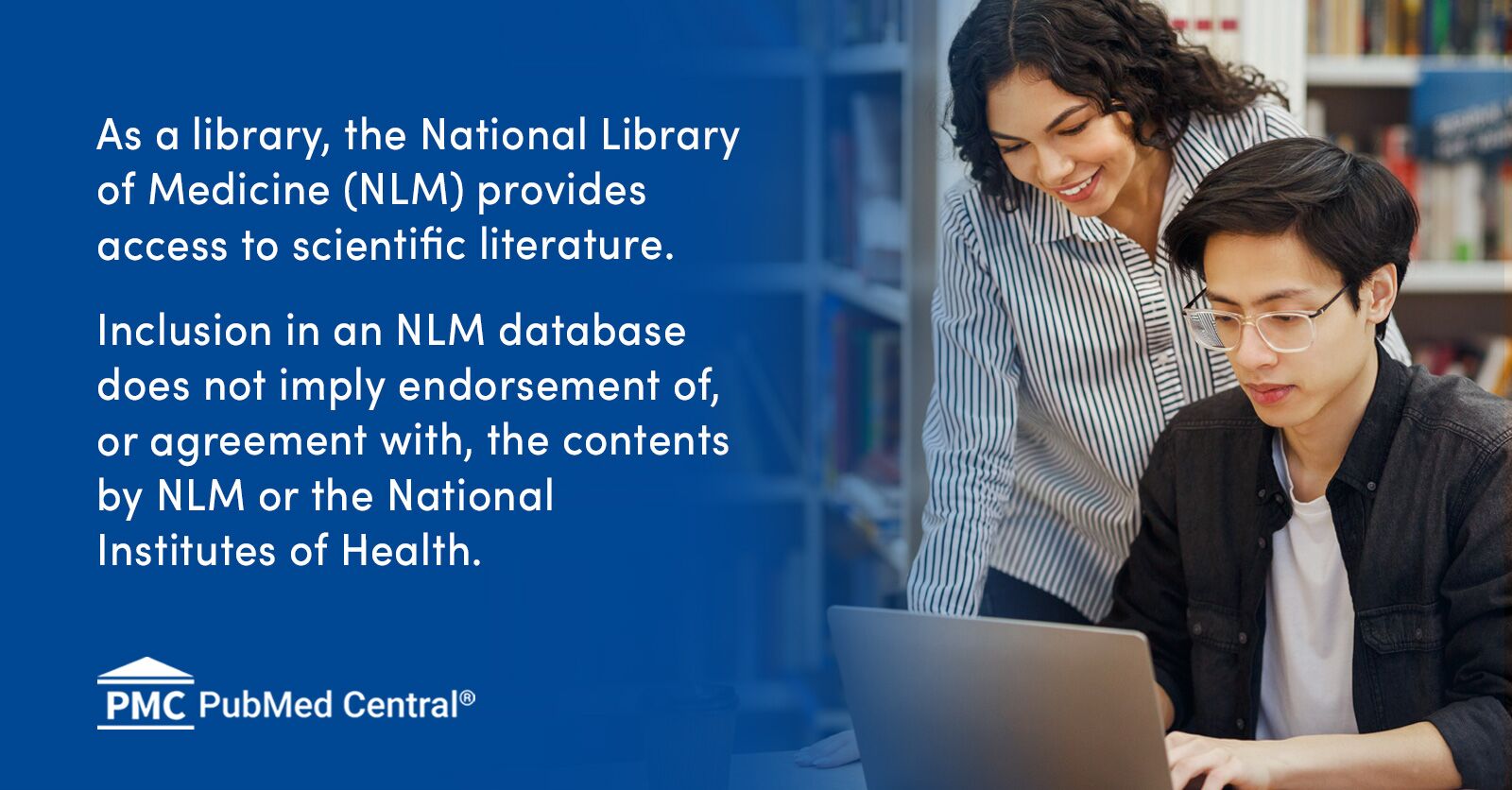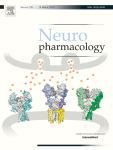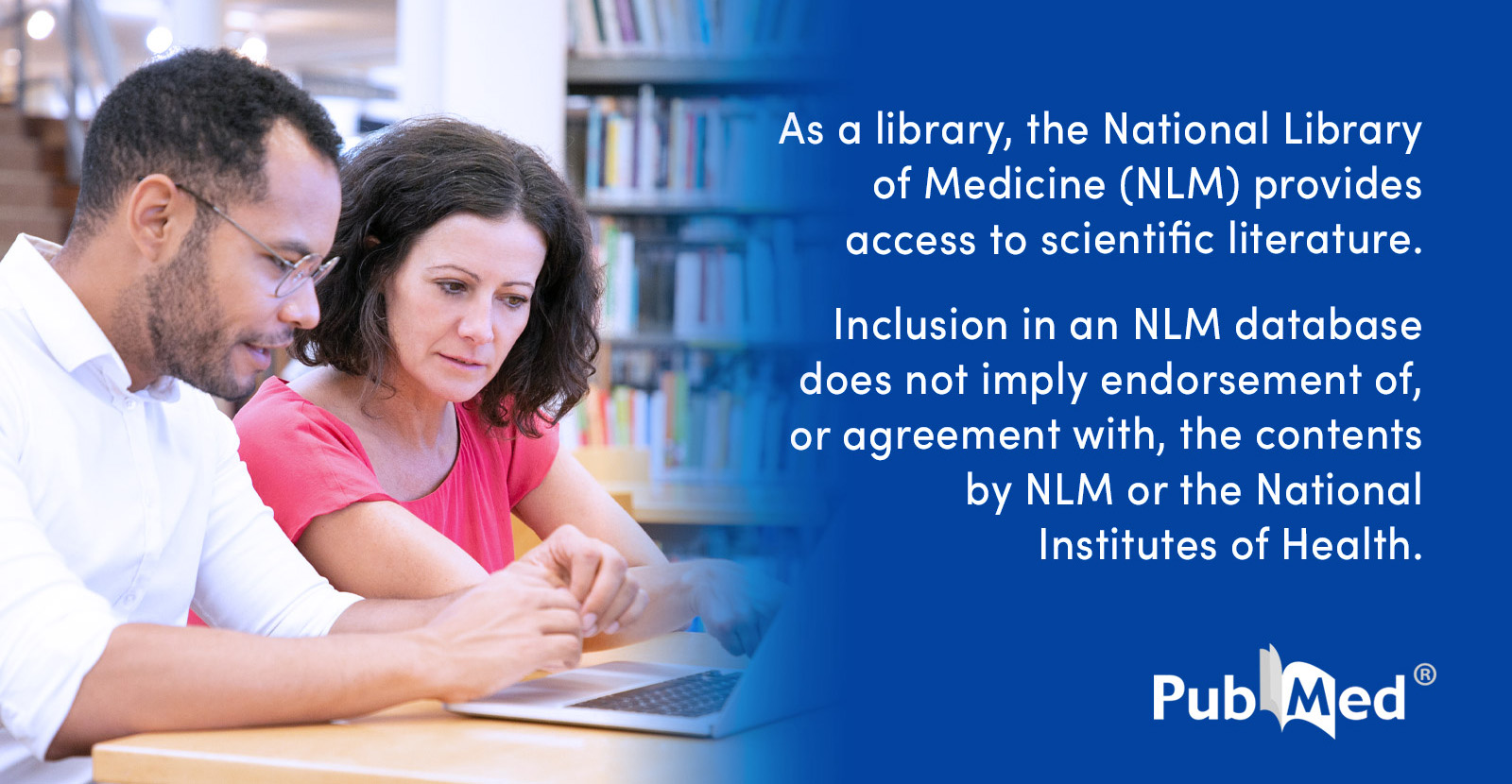DrunkenSkunk
Greenlighter
- Joined
- Aug 23, 2020
- Messages
- 4
I stumbled across this fairly recent 2019 study here, though I need the help of some of you more pharmacology savvy folk in helping me interpret what exactly this means.
The study says that although gabapentin affects the GABA A receptor, it is not a PAM like benzodiazepines, rather it “increases cell-surface expression of δGABA A receptors”.
Does this mean that it doesn’t cause downregulation of the receptor like benzos, and therefor shares no cross-addiction potential? Different sub-target site (subtype?) altogether?
Also, can anyone explain why each of these studies contradict themselves on GABA B activity? Is it or is it not a GABA B agonist?
As it relates to me, I guess basically I’m simply wondering if there is any cross-tolerance/cross-addiction potential with these drugs because I have been physically dependent on benzos before and due to me being ignorant to new data on gabapentin, have been reckless at times with gabapentin usage and don’t want to retread that path.

 www.ncbi.nlm.nih.gov
www.ncbi.nlm.nih.gov
Gabapentin is not a GABA B agonist

 www.sciencedirect.com
www.sciencedirect.com
Gabapentin is a GABA B agonist

 pubmed.ncbi.nlm.nih.gov
pubmed.ncbi.nlm.nih.gov
The study says that although gabapentin affects the GABA A receptor, it is not a PAM like benzodiazepines, rather it “increases cell-surface expression of δGABA A receptors”.
Does this mean that it doesn’t cause downregulation of the receptor like benzos, and therefor shares no cross-addiction potential? Different sub-target site (subtype?) altogether?
Also, can anyone explain why each of these studies contradict themselves on GABA B activity? Is it or is it not a GABA B agonist?
As it relates to me, I guess basically I’m simply wondering if there is any cross-tolerance/cross-addiction potential with these drugs because I have been physically dependent on benzos before and due to me being ignorant to new data on gabapentin, have been reckless at times with gabapentin usage and don’t want to retread that path.

Gabapentin increases expression of δ subunit-containing GABAA receptors
Gabapentin is a structural analog of the inhibitory neurotransmitter γ-aminobutyric acid (GABA). Its anticonvulsant, analgesic and anxiolytic properties suggest that it increases GABAergic inhibition; however, the molecular basis for these effects ...
Gabapentin robustly increases cell-surface expression of δGABAA receptors and increases a tonic inhibitory conductance in neurons. This enhanced δGABAA receptor function contributes to the ataxic and anxiolytic but not antinociceptive properties of gabapentin. Gabapentin does not increase levels of GABAA receptor agonists or several neurosteroids in the brain.
Gabapentin is not a GABA B agonist

Gabapentin is not a GABAB receptor agonist
Recent experiments have demonstrated that formation of functional type B gamma-aminobutyric acid (GABAB) receptors requires co-expression of two recep…
Here we report that gabapentin was completely inactive at recombinant GABABheterodimers expressing either GABAB1a or GABAB1b receptor subunits in combination with GABAB2 receptor subunits. In addition, in both CA1 and CA3 pyramidal neurones from rodent hippocampal slices we were unable to demonstrate any agonist-like effects of gabapentin at either pre- or post-synaptic GABABreceptors. In contrast, gabapentin activated a GABAA receptor mediated chloride conductance.
Gabapentin is a GABA B agonist

The anticonvulsant, antihyperalgesic agent gabapentin is an agonist at brain gamma-aminobutyric acid type B receptors negatively coupled to voltage-dependent calcium channels - PubMed
Gabapentin (Neurontin, Pfizer Global R & D) is a novel anticonvulsant, antihyperalgesic, and antinociceptive agent with a poorly understood mechanism of action. In this study, we show that gabapentin (EC50 2 microM) inhibited up to 70 to 80% of the total K+-evoked Ca2+ influx via voltage-depende …
Last edited:





